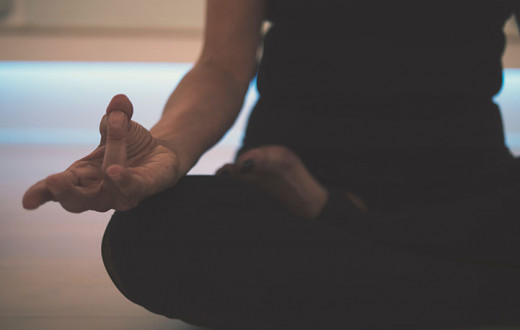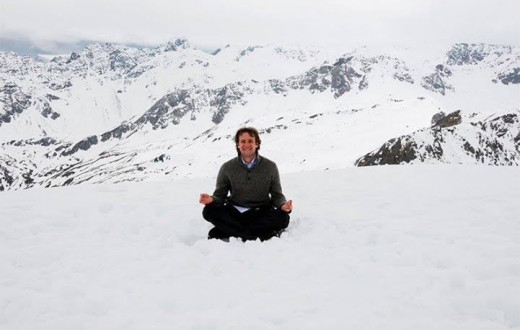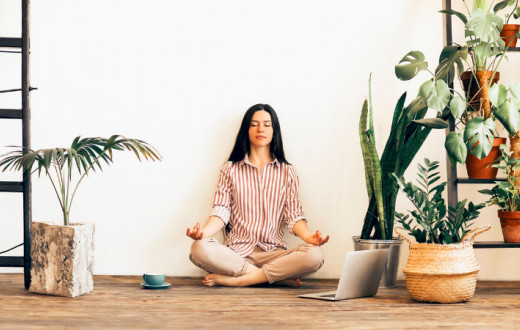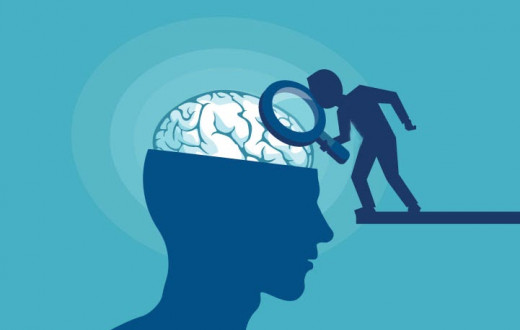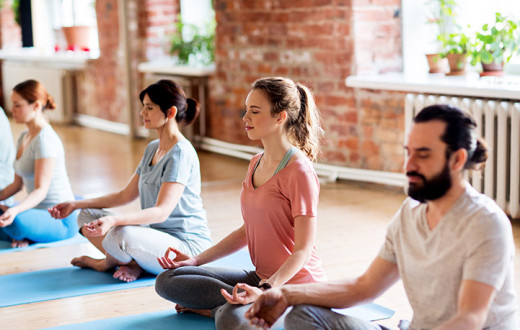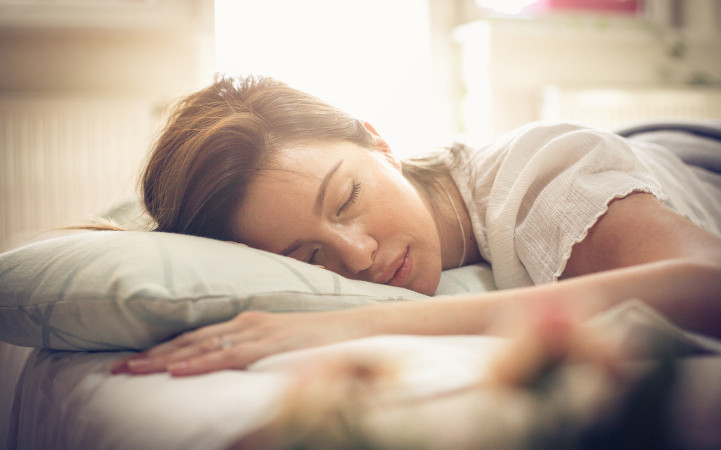
- The importance of quality sleep
- 5 Hacks to improve your sleep
- Enhance your nightly routine with The Art of Living
According to the National Sleep Foundation, adults need seven to nine hours of sleep every night for optimal health. While not everyone gets this much sleep regularly, we all should try our best, especially since a lack of sleep can affect our health and well-being.
Are you struggling to go to sleep on time, waking up in the middle of the night, or failing to achieve a restful feeling in the morning? If so, it may seem impossible to get a good night’s sleep — but fortunately, it’s not! The right habits can end your sleep deprivation once and for all and help you achieve the best sleep quality of your life.
In this article, we’ll share five sleep hacks that will help you create a better bedtime routine and get the shut-eye you need to feel vital and healthy.
The importance of getting enough sleep
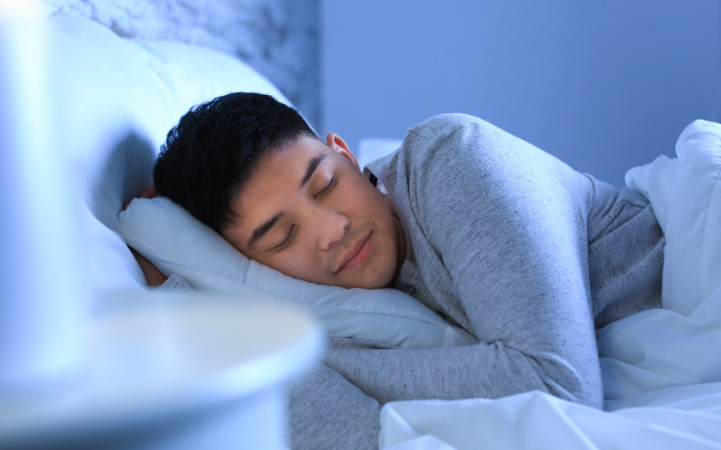
Sleep is crucial for nearly all your body’s processes. While you’re asleep, your brain is hard at work, carrying out many functions like organizing information from the day. Skipping a couple of hours of sleep here and there may not make much of a difference, but over time, those hours add up. Your body’s ability to perform functions like fighting diseases or focusing may suffer, and so will your mood.
Mental health and sleep are directly related. There’s a reason why we feel more irritable or cranky when we are tired or sleep-deprived — sleep helps regulate our emotions. If you’re not getting enough sleep, you may experience increased levels of anxiety, stress, or episodes of depression.
Thus, getting quality sleep is one of the best things you can do to promote your health and wellness.
5 sleep hacks to improve your sleep
If you don’t already have a sleep routine, now’s the time to create one. Ideally, it should involve waking and sleeping at the same time every day. Doing so allows your body’s circadian rhythm to work more efficiently since it knows what to expect from your sleep schedule.
In addition to having a consistent schedule, it’s essential to have healthy habits that can ward off sleep problems. These five sleep hacks can help you do just that!
Add meditation to your routine
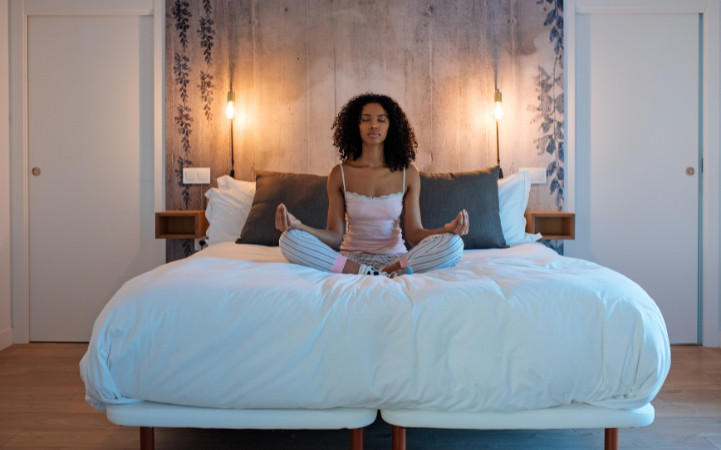
Many people use meditation to level out their moods, clear their minds from stress, prevent overthinking, and reduce anxiety. Still, not everyone realizes the benefits that meditation can have on your sleep quality. Sleep experts have found that it even helps fight insomnia and other sleep disorders.
You don’t have to practice meditation right before you sleep for it to be effective, but we recommend giving it a try. Deep breathing and resting your mind will lower your heart rate and clear away the worries of the day, making it the perfect self-care exercise to do before bedtime. Start with five to ten minutes, and work your way towards longer sessions gradually!
Monitor caffeine consumption

Caffeine is a staple in most people’s daily routines, giving us the boost we need to get up in the morning and feel alert. However, stimulants like caffeine and nicotine may make you feel jittery, especially if you consume too much of them or consume them too close to bedtime.
To keep coffee or tea from affecting your sleep schedule, avoid drinking these beverages after lunch or switch to herbal teas like chamomile. Remember that a lot of beverages (and even some supplements) contain caffeine, so be sure to check whether it is in your favorite drinks, pre-workout powders, or vitamins.
Incorporate daily exercise

Daily exercise has so many health benefits, but did you know that improved sleep patterns are one of them? Physical activity, especially 20-30 minutes of aerobic exercise, helps you fall asleep faster and promotes deep sleep at night. It doesn’t have to be intense exercise either — even a brisk walk is enough to improve your sleep quality!
Just make sure to get your workout in at least two hours before you go to bed. Exercise raises your body temperature and also releases endorphins, both of which may prevent you from feeling sleepy. However, if you work out early in the day these effects may replace that afternoon cup of coffee you usually drink to stay alert.
Create a calming environment
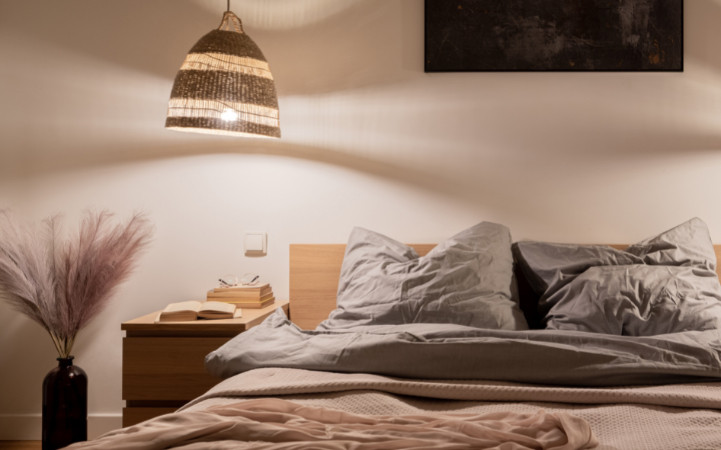
Do you find yourself tossing and turning or waking up due to bright lights or noises? If so, your sleep environment may be the culprit for your restless sleep. Your bedroom should be calm, comfortable, and suitable for healthy sleep.
Whether you prefer sleeping under a mound of fluffy covers or with a thin sheet, experts recommend keeping your room’s temperature between 65 to 67 degrees Fahrenheit. You’ll be less likely to wake up feeling overheated and find it easier to fall asleep.
Depending on where you live, you may have to drown out noises from your neighbors or nearby traffic. Earplugs are an affordable solution if you prefer absolute silence, but a white noise machine, fan, or humidifier can work too.
Your sleep environment should also be dark, preferably without any light. Blackout curtains are a good investment, especially if there are street lights outside your window or a lot of light pollution. Alternatively, an eye mask can do the trick.
If you want to go the extra mile, diffusing essential oils before bed is a great way to make your room smell nice. Scents like lavender and eucalyptus promote relaxation and sleep, and even if you don’t have a diffuser, you can dilute them in water and spray them on your bedding.
It may take some trial and error to figure out what works for you, but you won’t regret investing some money in your sleep environment.
Switch off blue light
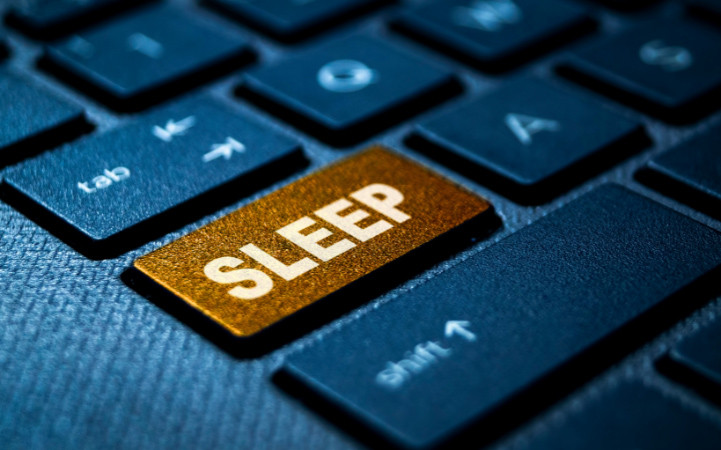
Scrolling Instagram or watching TikTok before bed may seem like a great way to disconnect from your busy thoughts, but it may actually harm your sleep cycle. The blue light from your smartphone can delay the release of melatonin, the hormone that plays a huge part in regulating your internal clock.
If you want to prevent your electronic devices from interfering with the quality of your sleep, avoid using them in the hour leading up to bedtime. Powering down your devices may make this a little more manageable, but removing them from the room may be sufficient if you have good self-control.
If you need an activity to replace your electronic devices, we recommend journaling, deep breathing exercises, or meditation!
Enhance your nightly routine with The Art of Living
Getting quality sleep is vital for a healthy body and mind, so if you have trouble sleeping, it’s time to adopt good sleep habits. The sleep hacks in this post are simple and manageable for most people, so why not give them a try today?
At Art of Living, we offer courses and resources that can help you begin a solid meditation practice, such as SKY Breath. This breathing meditation will provide you with abundant benefits, including a good night’s sleep. Read more about the course here or sign up for a free session where you can learn more about the benefits of SKY!





